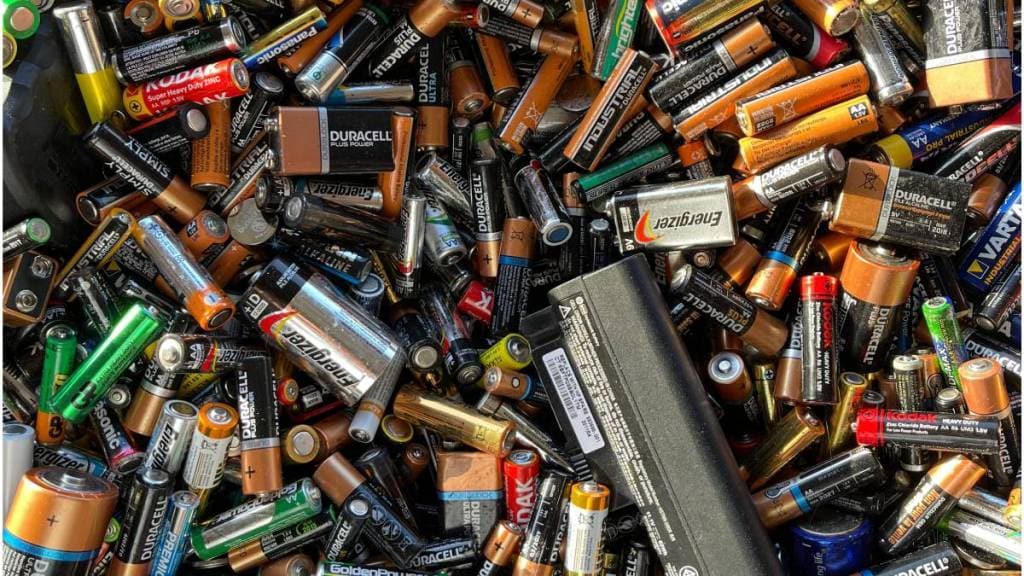The UN on Wednesday warned on electronic waste (e-waste) after a report revealed that a staggering 62 million tonnes of mobile phones and devices were discarded worldwide in just one year. The report also expects an increase of one-third by 2030.
Kees Baldé, a senior scientific specialist at the United Nations Institute for Training and Research (UNITAR), emphasised the challenge, noting the difficulty in repairing these goods. He lamented that efforts to recycle e-waste are failing to keep pace with its mounting accumulation.
E-waste, which encompasses discarded items containing electric plugs or batteries, poses significant environmental and health risks due to its toxic additives and hazardous substances like mercury.
In 2022, the world produced a staggering 62 million tonnes of e-waste, marking an 82% increase since 2010. The annual generation of e-waste is rising by 2.6 million tonnes, potentially reaching 82 million tonnes by 2030.
Baldé acknowledged the inadequate management of e-waste, with much of it ending up in landfills due to factors such as high consumption rates, limited repair options, shorter product life cycles, and insufficient infrastructure for e-waste management.
Moreover, even items designed to promote energy efficiency, like solar panels, contribute to e-waste, with an estimated 600,000 tonnes discarded in 2022 alone.
Cosmas Luckyson Zavazava, director of the Telecommunication Development Bureau at the International Telecommunication Union (ITU), stressed the responsibility of manufacturers in standardizing products and ensuring longevity to curb e-waste. He urged the private sector to adopt a conscientious approach as responsible global citizens.

